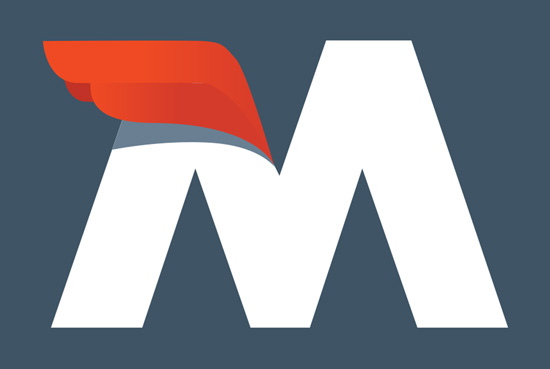Transitional Care Management (TCM)
Unnecessary Readmissions
Simply put, the goal of TCM is to avoid the patient being readmitted to a hospital. TCM is designed for primary care doctors and specialists for the care they provide to patients who have been discharged from hospitals or other facilities or institutions as qualified by CMS. While the TCM program is having an impact, much more is needed in order to reduce both the rate and the cost of hospital readmissions…an amount of approximately $17 Billion billed to Medicare alone in 2017.
Too often patients are discharged from hospitals without any clear direction for their next steps of care. When complications and/or questions arise for these patients, many of them without any known contact or program to follow, will go back to the hospital for readmission. While some hospital readmissions are medically necessary, far too many unnecessary readmissions occur and increase the strain and cost to our healthcare system.
Hospitals and other medical facilities face potential fines and reimbursement reductions if they don’t control these unnecessary readmissions. With limiting technologies and inadequately trained and/or available staff to properly handle these discharge-to-transition needs, hospitals are left to a dangerous and expensive game of ‘wait and see’. Nearly 80% of hospitals will face some reimbursement penalty this year. This is not an acceptable outcome for the patient nor the healthcare industry.
Our Custom Solutions
In Mercury Global Care’s efforts to improve healthcare deliver and lower costs, we designed a TCM program to dramatically reduce hospital readmission rates by bridging the gap in the 30 days post discharge period. Our commitment to our clients and their patients is evident in our TCM program that creates the environment for a confident and healthy transition for the patients and a high-quality, continuation of care from the providers.
To do this, our custom program needed to be simple to understand, quick to implement, and one that encourages and makes possible high engagement levels for maximum results. Our TCM program works with facility, staff, and your EHR to design and share a detailed discharge report with the necessary health and condition information on the patient. This report is then forwarded and/or made available to the care provider(s) regardless of distance, network association, or EHR system.
TCM is comprised of three main requirements and includes 2 CPT codes for reporting to CMS. CPT 99495 is for discharge patients with medical decision making (MDM) of moderate conditions that meet the two important contact points. The first is a non face-to-face communication with the patient within two days of discharge. The second is a face-to-face visit within 14 days of discharge. Average CMS reimbursements for CPT 99495 is approximately $165.
CPT 99496 is similar, but intended for discharge patients with a high complexity MDM. This code still requires a non face-to-face visit within the first two days but the face-to-face visit needs to take place within 7 days from discharge. Average CMS reimbursements for CPT 99496 is approximately $233.
Mercury Global Care believes that Transitional Care Management will play a crucial role as work to improve the patient-provider experience and lower the overall cost of healthcare today. We would love to discuss with you how our solutions can work within your practice/facility to lower readmissions and qualify for increased CMS reimbursements through a robust TCM program.
Contact us today for a free consultation included TCM analysis and product demonstration!

